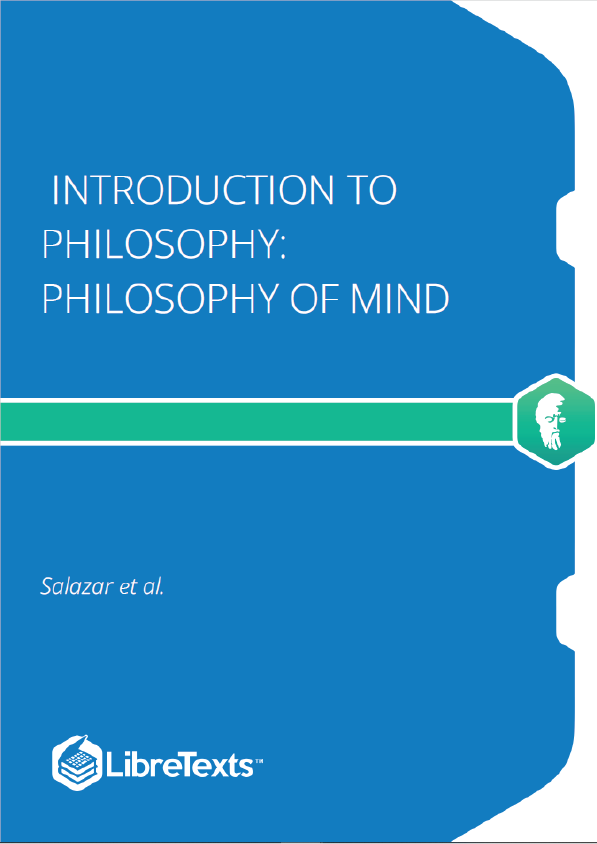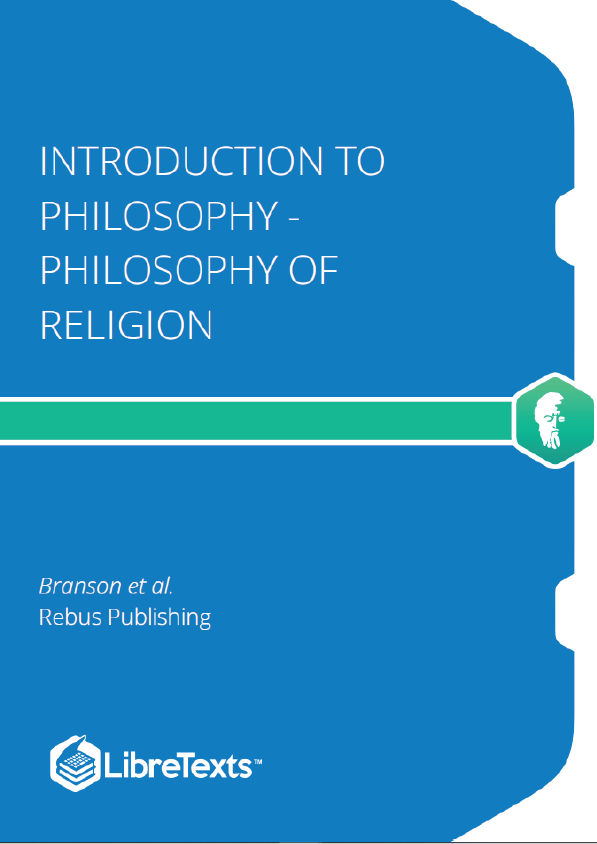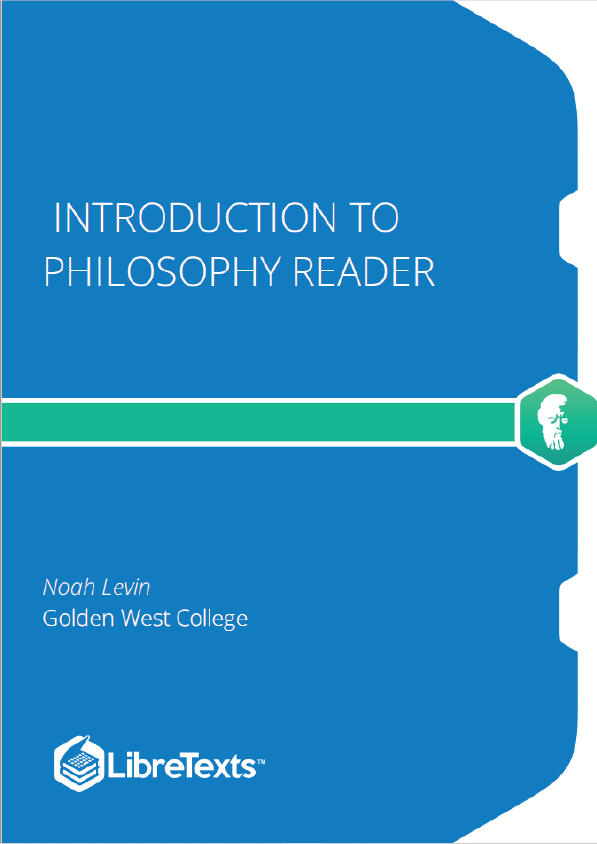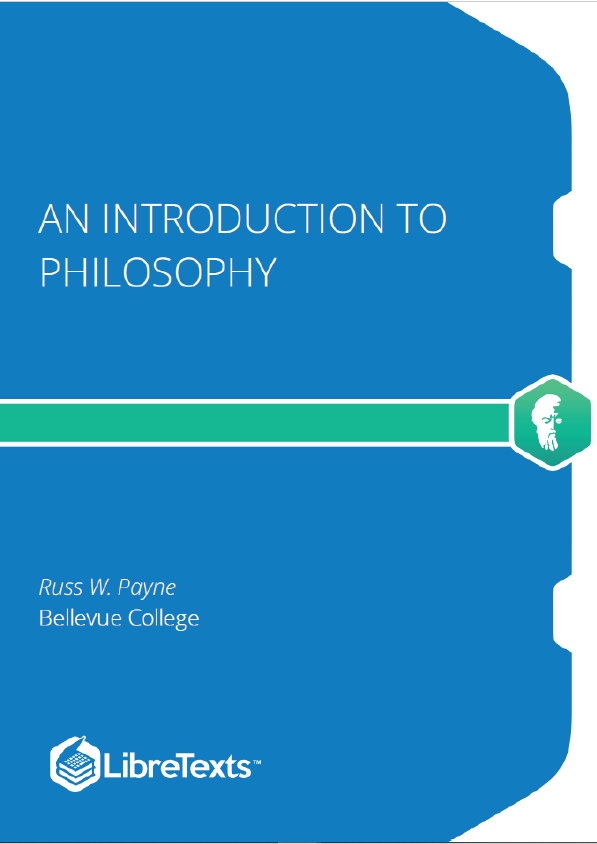The problem of intentionality is the problem of how some entities can be “about” something. That is, sentences, thoughts, or concepts, among others, display intentionality in that they are about something else; they are said to be a representation of something. The notion of intentionality can be traced back at least as far as Aristotle (384 BCE-322 BCE), though the German philosopher Franz Brentano (1838-1917) is generally credited with introducing the notion to contemporary philosophy in the late nineteenth century. Brentano’s oft-quoted remark is that “Every mental phenomenon is characterized by … the intentional (or mental) inexistence of an object” and “reference to a content, direction toward an object.” In other words, “Every mental phenomenon includes something as object within itself, although they do not all do so in the same way. In presentation something is presented, in judgement something is affirmed or denied, in love loved, in hate hated, in desire desired and so on” (Brentano [1874] 1995, 68). The usual way to frame the problem of intentionality is in terms of the notion of meaning or content. What is the status of the meaning of a sentence over and above its formal and syntactic aspects? What makes it the case that a particular proposition has the content that it does? Is content only dependent upon mind-internal properties? Or must we make use of mindexternal factors such as the context of the utterance or the speaker’s social history in order to determine the content? Those who argue that the relevant and scientifically interesting properties that are involved in content are overwhelmingly, though not entirely, within the mind are referred to as internalists. On the other hand, externalists argue that there is something more to content than merely mind-internal events and their happenstance connection to the world: externalists insist that the meanings of our words (or sentences, or the contents of our thoughts, etc.) depend on some deep metaphysical (perhaps causal) connection between the mind and other worldly objects that are independent of the mind.
Externalists argue that a theory of content needs to provide an account of the relation between linguistic expressions and what may be called things in the world. In other words, the claim is that in order to explain content we must provide an account of the relation between linguistic expressions and the things that they can be used to talk about. Or as Colin McGinn puts it: “[E]xternalism supposes there to be a deep connection between states of mind and conditions in the nonmental world. Is the mind fundamentally autonomous with respect to the world, or does the world enter into the very nature of the mind?” (McGinn 1989, 1) He remarks further that according to externalism, “The environment is thus held to be constitutive of the very nature of mental states, determining what they are.” McGinn argues that internalism “insists upon … drawing a sharp line between mind and world; but the externalist holds that the mind is penetrated by the world, configured by it” (1989, 3). That said, however, we will see that the main force and substance of the internalist position is not exactly a mirror image or a negation of the externalist position, for internalism only denies that there is a deep metaphysical relation between the things in the world and linguistic expressions. That is, internalists dispute the externalist claim that the relations between linguistic expressions and the things in the world are desirable or even tractable in an explanatory theory of content.











